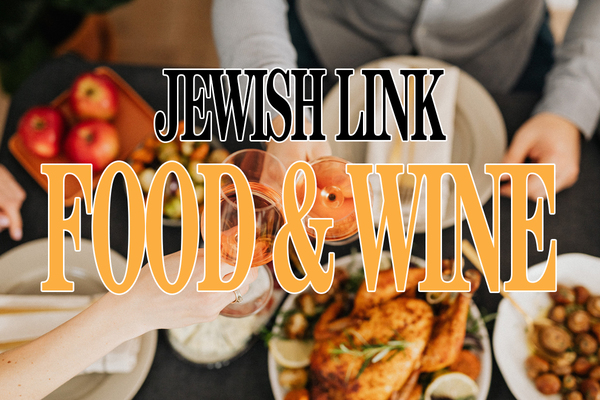Even Food Matters
Pesach is all about liberation, the process that allows us to receive and grasp Torah and meaningful lives. We can become ever freer by delving deeper into Torah teachings related to Pesach.
After escaping from Egyptian slavery, we had the unleavened bread — our matzoh — that we brought with us and eventually the manna that we received in the wilderness, which was “like a coriander seed” (Ex. 16:31). These were all vegan foods, until quail was lusted after, demanded, delivered, and eaten, after which thousands of us died and were buried at the “Graves of Lust” (Num. 11:34). We apparently did not learn the lesson that we can be properly nourished and satisfied with vegan foods.
Contrary to a common misperception, Jews are not required to eat meat at the Seder or at any other time. According to the Talmud (Pesachim 109a), since the destruction of the Temple in Jerusalem, Jews do not need to eat meat to celebrate Jewish festivals. In Pesachim 114b, Rabbi Huna suggests the use of a beet on the Seder plate instead of the roasted shank bone.
We celebrate Pesach each year because we are told to commemorate the day (Ex. 13:10). As Rabbi Gamliel in the Mishnah (Pesachim 10:5), via the Haggadah, reminds us, in each generation we should see ourselves as if we were slaves and had personally come out of Egypt. We are to remember, reenact, teach, and internalize this experience. We can better celebrate our liberation by helping to grant it to others, both people and animals.
Further, we are commanded to protect our health (sh’mirat haguf), protect life (pekuach nefesh), conserve resources (bal tashchit), show compassion to animals (tsa’ar ba’alei chayim), have proper spiritual intention (kavanah), keep kosher (kashrut), have concern for the community (Klal Yisrael), be co-creators of the world (shomrei adamah), and to pursue peace and justice (radaf shalom v’tzedek), among others. It’s easy to get distracted from these fundamental Jewish teachings.
“Let all who are hungry come and eat,” we all say at our Seders. While millions of people die each year from over-consumption, particularly consumption of fat and cholesterol, millions of excluded people die each year from under-consumption, from starvation and hunger-related diseases. Although the world produces more than enough food to feed all its people, the inequality of wealth and power, along with the inefficiency of land use and food distribution, creates conditions that lead to scarcity, chronic hunger, malnutrition, starvation, environmental degradation, and ethno-religious violence. World hunger is neither necessary nor inevitable. Vegetarianism and veganism create conditions that are more fair and just, as well as more efficient and sustainable, thereby potentially allowing more people to be fed, rather than using land, grain, water, labor, energy, and other resources to produce food to be fed to animals that are later killed and fed to those people who can afford it. We need to consider the many ways that all of us — people and animals — are connected.
Although the world produces more than enough food to feed all its people….it creates conditions that lead to scarcity.
The best way to protect personal, public, and planetary health, uphold the highest ideals of Judaism, and put liberation into daily practice is to eat vegetarian or vegan. Using the lessons of Pesach, we can be further liberated and make great differences in our lives and world!
You can find other veg Pesach recipes at http://jewishveg.com/recipes.html, http://euler.ecs.umass.edu/pass-veg, or search “vegan Passover recipes” online.
Also, look for The Vegetarian Pesach Cookbook and Haggadah for the Liberated Lamb, both by Roberta Kalechofsky and published by Micah Publications.
Dan Brook, Ph.D., is the author of An Alef-Bet Kabalah [http://www.smashwords.com/books/view/1653], the editor of Justice in the Kitchen [http://justicecookbook.wordpress.com], maintains The Vegetarian Mitzvah [http://brook.com/jveg], and is on the Advisory Board of Jewish Vegetarians of North America [http://JewishVeg.com].
Dan Brook









